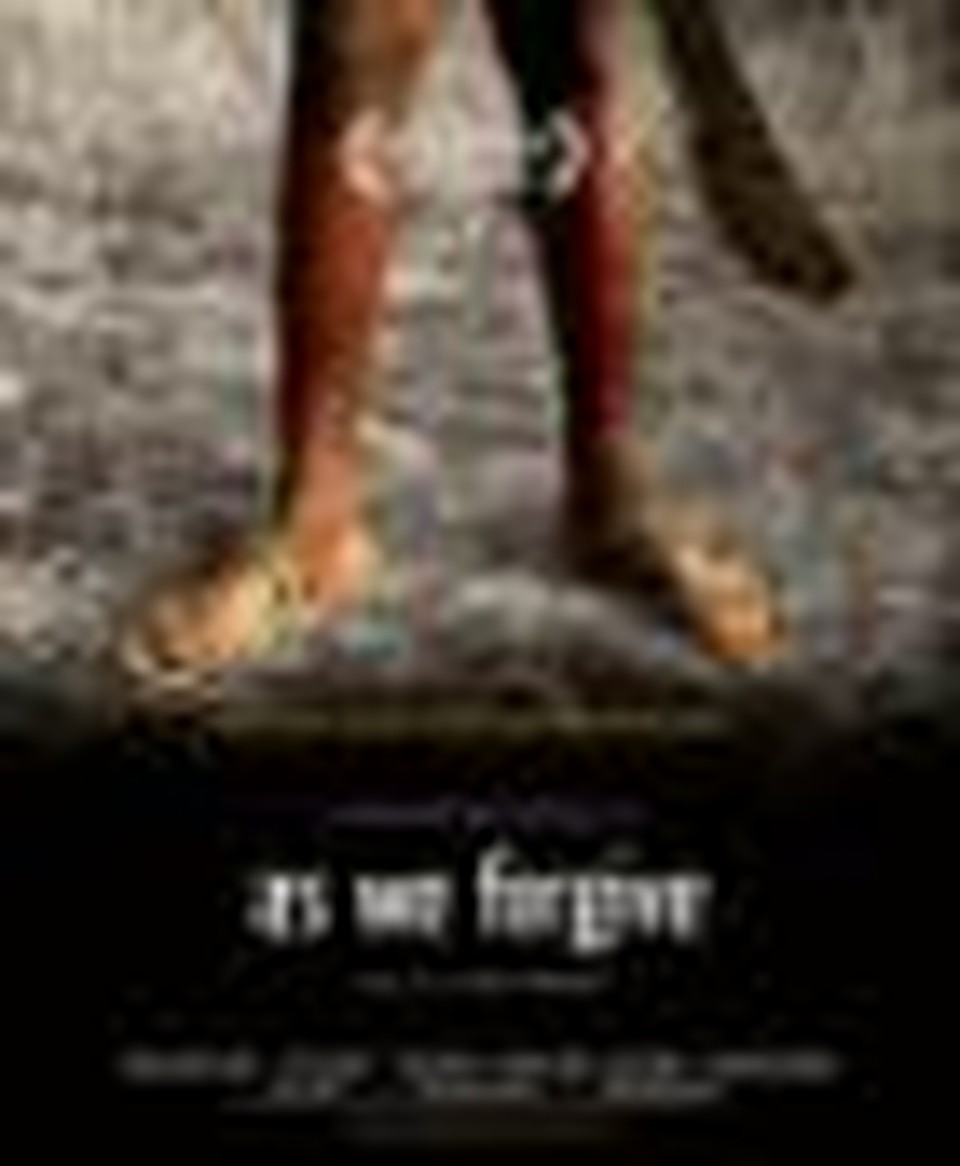Life After Rwandan Genocide Depicted in As We Forgive

Broadcast Release Date: July 15, 2009 on all PBS World television stations. Click here to check your local listings.
DVD Release Date: October 5, 2009
Rating: Not Rated
Genre: Documentary
Run Time: 53 min.
Director: Laura Waters Hinson
Narrator: Mia Farrow
Imagine if a convicted murderer were released in your neighborhood. How would you feel? Imagine if the killer had gone to prison for assaulting you and ending the life of your family. How would you respond? As a believer, would you live in fear, or seek revenge? Or, would you somehow find the strength to forgive?
As We Forgive, an award-winning documentary directed by Laura Waters Hinson and narrated by Golden Globe recipient Mia Farrow, explores these heart-wrenching questions against the backdrop of two African villages deeply scared by the Rwandan genocide. Gripping and gritty from the first moments, As We Forgive tells the true story of two women whose lives have been changed forever by shocking tragedy and chronicles their struggles to cope with the subsequent grief, fear, and anger.
Rosaria is one of the women who lived a mother’s nightmare. People she thought were her friends unexpectedly attacked her, her husband, and her four children. She and her unborn daughter are the lone survivors. Rosaria named the child Cadeaux, which means “gift” because, Rosaria explains, “she was the only gift I had left.”
The other woman’s name is Chantale. Her story is brutally similar. During the genocide, her neighbors turned against her and her loved ones. Out of 30 family members, only she and her brother survived. Over a decade has passed since the murders, but recounting the events still causes her to hold her head in her hands and weep.
This is not a Hollywood script. This is the Rwandan genocide. In 1994, decades of ethnic tension in the African nation of Rwanda flared into a nationwide massacre claiming nearly one million lives.
In 2005, with prisons filled above capacity, the Rwandan government decided to handle the over-crowding by granting genocide convicts their freedom. Thousands of former inmates who had killed their own neighbors, now walk the village streets they terrorized just years before.
The man who dragged Chantale’s father from his home and beat him with a club, now beats his crops with a threshing stick mere feet from where the murder took place. Chantale looks on and searches the depths of her heart for healing and forgiveness. Can she release her years of bitterness and grant her father’s killer the healing she herself craves?
As We Forgive does what good documentaries do—it immerses the viewer inside another person’s world in order to engage the mind and emotions. The film’s numerous awards and broadcast exposure on PBS confirm that As We Forgive is a masterfully told story that moves effortlessly, simply, and passionately.
That’s not to say this work is to easy watch. The hour spent with it is not a comfortable hour, but a rewarding one as you explore the depths of human suffering and the heights of redemption through a real-life drama so laden with conflict you want to look away but can’t.
Director Laura Waters Hinson makes no effort to hide As We Forgive’s Christian themes. The title itself is an allusion to the line in Matthew 6:9-13 that says, “Forgive us our debts as we forgive our debtors.” While the focus of the story is squarely on the struggles of forgiveness, several of the subjects in the story make reference to God, God’s Word, and their faith as their source of strength and their inspiration to forgive those who have wronged them.
Many Christian film and documentary efforts fall far short of industry standards for quality and artistry. As We Forgive is an exception to this trend, representing the powerful results possible when skillful storytelling works hard and is informed by our faith. It is a model for those aspiring to craft documentaries from a Christian worldview and a treat to share with friends—believers and non-believers alike.
With all the positives, a word of caution is in order. As We Forgive depicts the horrors of a national genocide and pulls no punches. Graphic images and discussions make this a film parents will want to preview before allowing children—even older children—to view it (see Cautions below). On the other hand, it makes a thought-provoking, emotionally charged conversation-starter for older teens and adults.
Honest, gritty, and tense, As We Forgive is a well-crafted documentary that grips from the opening moments and refuses to let go. Redemptive themes abound as the film concludes that forgiveness is the key to peace. Peace with our neighbors, peace with ourselves, and peace with God.
CAUTIONS:
- Drugs/Alcohol: Mention of drinking beer.
- Language/Profanity: None.
- Sexual Content/Nudity: None.
- Violence: Descriptions and images of violence are plentiful and may be disturbing to some views. Images include: Soldiers carrying firearms. A woman shows the camera machete scars on her back and leg. Multiple graphic images of genocide victims’ dead bodies, including the bodies of children. A body floats down a river. A long distance shot of a person falling to the ground after a blow to the head. Disturbing images of human skulls and bones stacked on shelves.
Originally published July 13, 2009.





